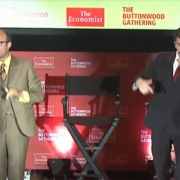Banking: From Bagehot to Basel, and Back Again
As reported yesterday on Mises.org, there were some very encouraging statements in Mervyn King’s Monday speech to the Buttonwood Gathering in New York. King noted that “Of all the many ways of organising banking, the worst is the one we have today”. After considering various possible reforms, he moved on to some that were “more radical” (my emphasis):
One simple solution, advocated by my colleague David Miles, would be to move to very much higher levels of capital requirements – several orders of magnitude higher. A related proposal is to ensure there are large amounts of contingent capital in a bank’s liability structure. Much more loss- absorbing capital – actual or contingent – can substantially reduce the size of costs that might be borne outside of a financial firm. But unless complete, capital requirements will never be able to guarantee that costs will not spill over elsewhere. This leads to the limiting case of proposals such as Professor Kotlikoff’s idea to introduce what he calls “limited purpose banking” (Kotlikoff, 2010). That would ensure that each pool of investments made by a bank is turned into a mutual fund with no maturity mismatch. There is no possibility of alchemy. It is an idea worthy of further study. Another avenue of reform is some form of functional separation. The Volcker Rule is one example. Another, more fundamental, example would be to divorce the payment system from risky lending activity – that is to prevent fractional reserve banking (for example, as proposed by Fisher, 1936, Friedman, 1960, Tobin, 1987 and more recently by Kay, 2009). In essence these proposals recognise that if banks undertake risky activities then it is highly dangerous to allow such “gambling” to take place on the same balance sheet as is used to support the payments system, and other crucial parts of the financial infrastructure. And eliminating fractional reserve banking explicitly recognises that the pretence that risk-free deposits can be supported by risky assets is alchemy. If there is a need for genuinely safe deposits the only way they can be provided, while ensuring costs and benefits are fully aligned, is to insist such deposits do not coexist with risky assets.
On regulation, King notes
We certainly cannot rely on being able to expand the scope of regulation without limit to prevent the migration of maturity mismatch. Regulators will never be able to keep up with the pace and scale of financial innovation. Nor should we want to restrict innovation. But it should be undertaken by investors using their own money not by intermediaries who also provide crucial services to the economy, allowing them to reap an implicit public subsidy.
He concludes
There is no simple answer to the too important to fail nature of banks. Maturity transformation brings economic benefits but it creates real economic costs. The problem is that the costs do not fall on those who enjoy the benefits. The damaging externalities created by excessive maturity transformation and risk-taking must be internalised. A market economy has proved to be the most reliable means for a society to expand its standard of living. But ever since the Industrial Revolution we have not cracked the problem of how to ensure a more stable banking system. We know that there will always be sharp and unpredictable movements in expectations, sentiment and hence valuations of financial assets. They represent our best guess as to what the future holds, and views about the future can change radically and unpredictably. It is a phenomenon that we must learn to live with. But changes in expectations can create havoc with the banking system because it relies so heavily on transforming short-term debt into long-term risky assets. For a society to base its financial system on alchemy is a poor advertisement for its rationality. Change is, I believe, inevitable. The question is only whether we can think our way through to a better outcome before the next generation is damaged by a future and bigger crisis. This crisis has already left a legacy of debt to the next generation. We must not leave them the legacy of a fragile banking system too.
Related articles:
- Robert Peston, BBC – Mervyn King says banking must be reinvented
- The Telegraph – Banks should be broken up, Bank of England Governor Mervyn King warns




![flickr-2588347668-hd[1]](https://tobybaxendale.com/wp-content/uploads/2010/10/flickr-2588347668-hd1-180x180.jpg)

![gold1[1]](https://tobybaxendale.com/wp-content/uploads/2013/07/gold11-180x180.jpg)
![JesusHuertaDeSoto[1]](https://tobybaxendale.com/wp-content/uploads/2013/07/JesusHuertaDeSoto1-180x180.jpg)



